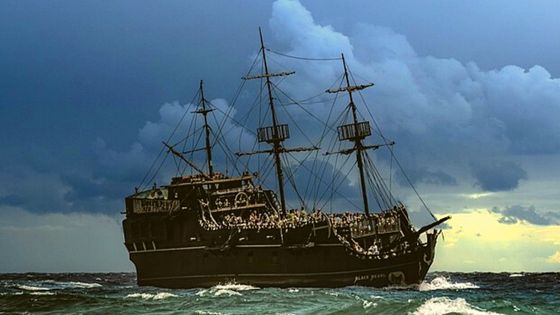Dealing with the Storms of Life
The Christian life is not at all a bed of roses. We will all face the storms of life as we journey with the Lord. But how should we deal with them? How should we respond when storms come, and how do we overcome them? In today’s post, we will look at the account of … Read more

